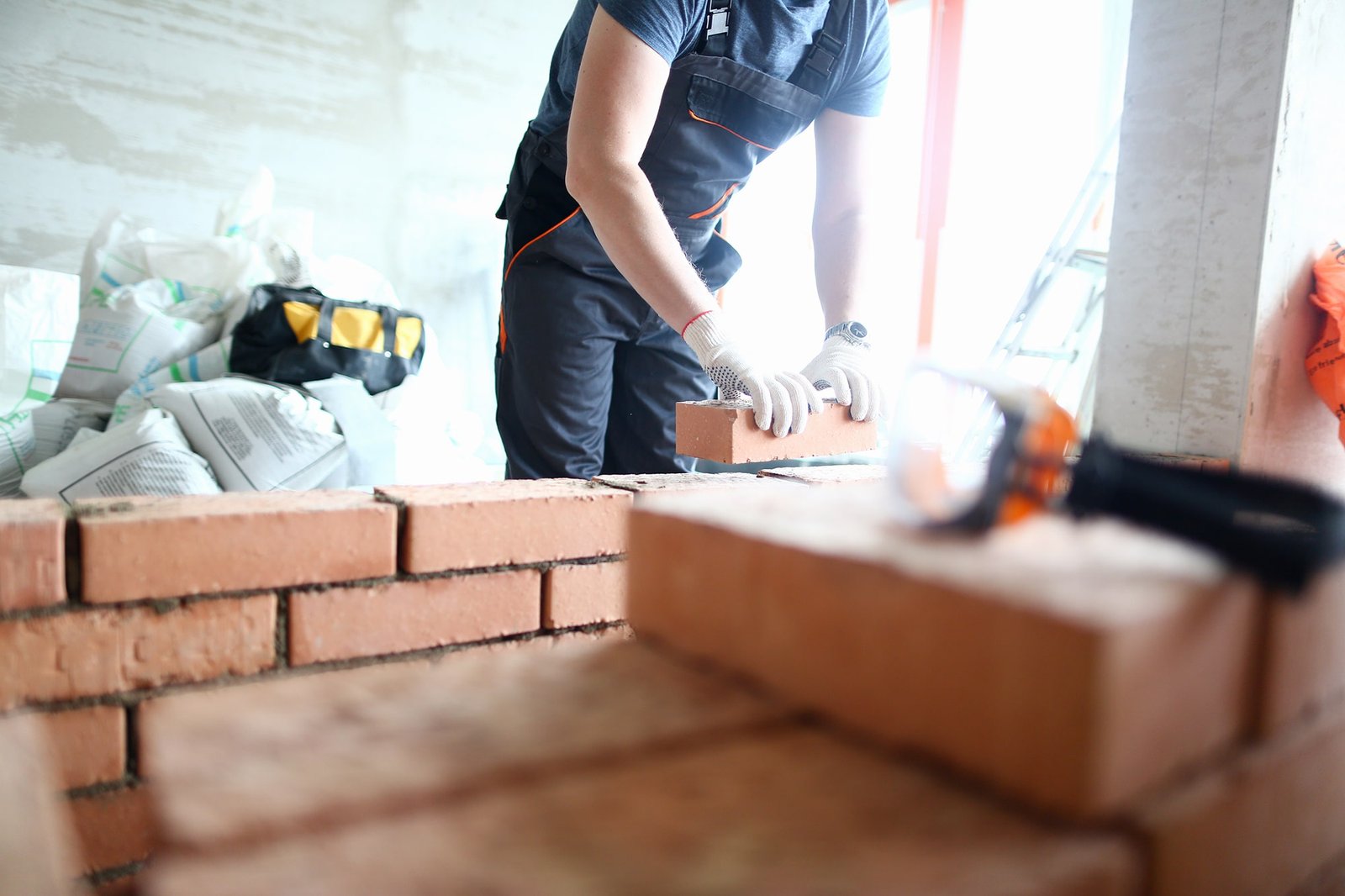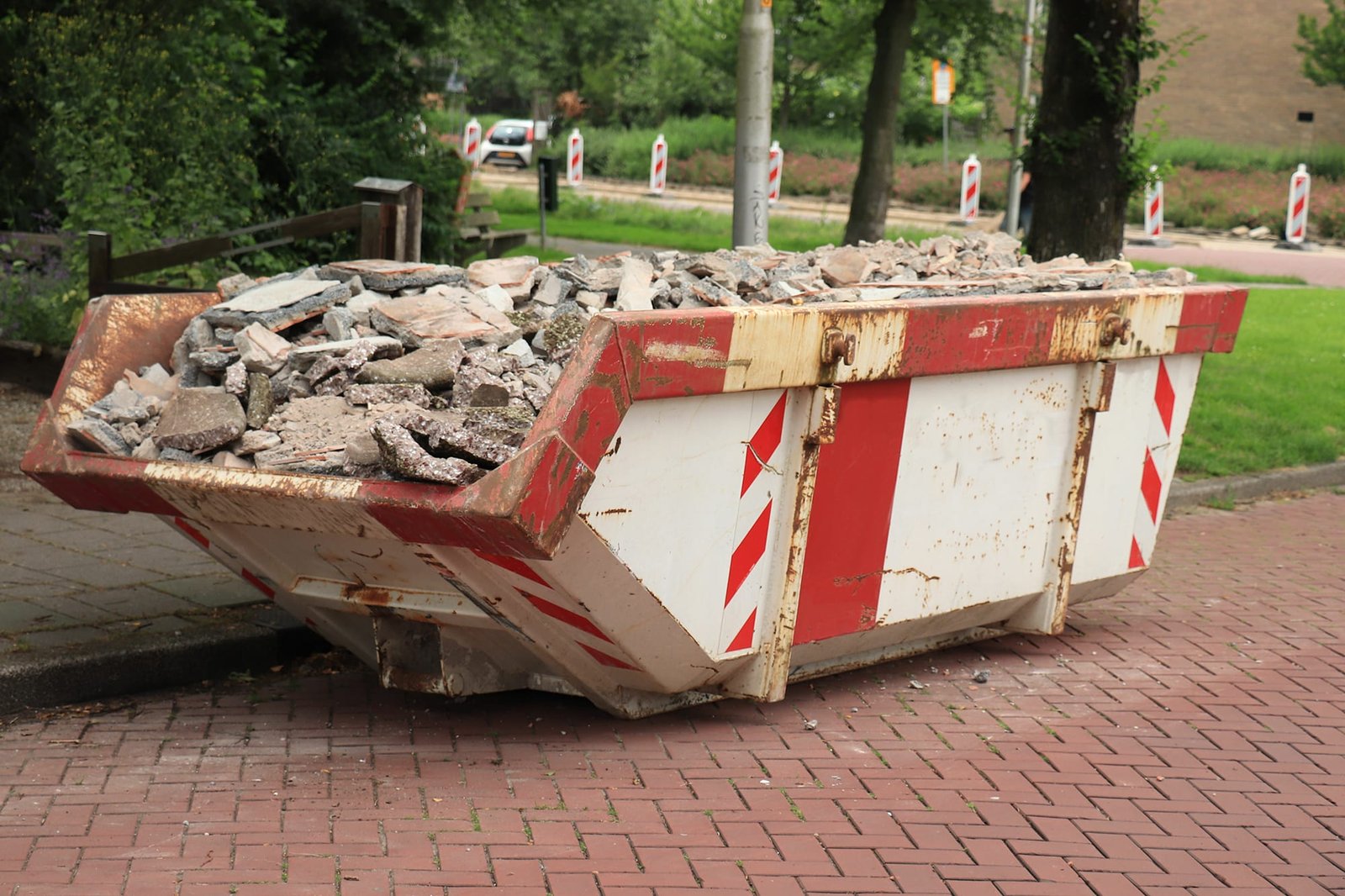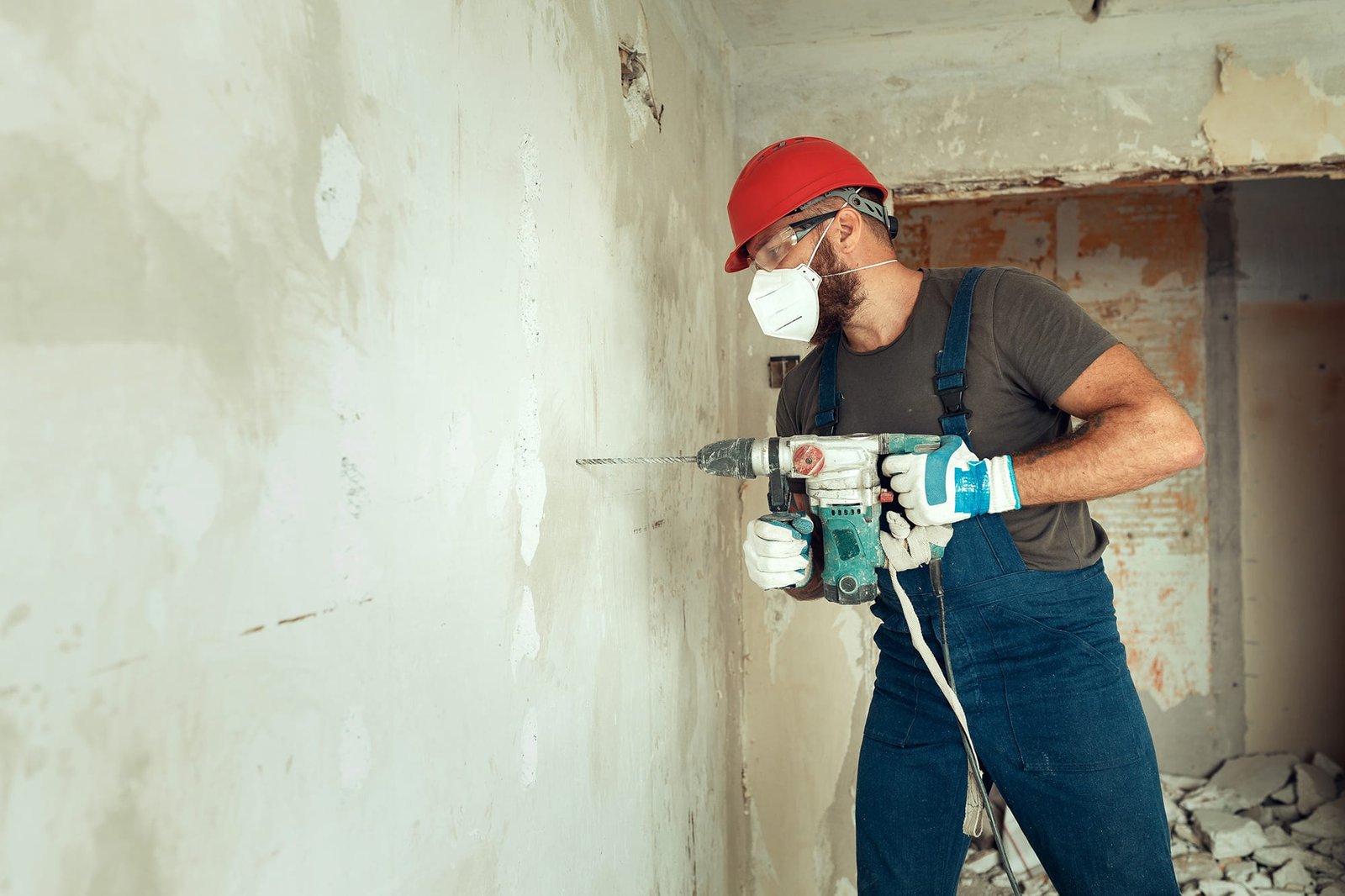So, you’ve decided to expand your London kitchen with a beautiful new extension. It’s a thrilling project, filled with the promise of a more spacious, functional, and stylish heart to your home. But before you get caught up in choosing appliances and worktops, there’s a critical step: finding the right construction company to turn your vision into reality.
With countless builders in London, it can be overwhelming to know where to start. To help you navigate this crucial decision, here’s a guide outlining the top 10 considerations for selecting a construction company that’s reliable, skilled, and the perfect fit for your project.

1. Experience and Expertise:
- London Know-How: London construction comes with its own set of challenges. From period properties and conservation areas to restricted access and party wall agreements, your chosen company needs to be well-versed in navigating these complexities. Look for builders with a proven track record of successful projects in similar London properties and neighbourhoods.
- Kitchen Extension Specialists: While a general builder might be capable, a company specialising in kitchen extensions will possess in-depth knowledge of the specific requirements. This includes understanding building regulations related to kitchens (ventilation, drainage, etc.), experience with integrating structural elements like steel beams, and expertise in coordinating various trades like plumbers, electricians, and plasterers.
- Portfolio and Case Studies: Ask to see their portfolio of past projects, paying particular attention to kitchen extensions. Case studies can provide valuable insights into their approach, problem-solving skills, and the quality of their finished work.

2. Credentials and Accreditations:
- Checkatrade and TrustMark: These schemes vet their members, ensuring they meet certain standards of workmanship, customer service, and business practices. Checkatrade offers a platform for customer reviews, allowing you to see what previous clients have to say. TrustMark is a government-endorsed quality scheme, providing further reassurance.
- Federation of Master Builders (FMB): The FMB is a highly respected trade association in the UK construction industry. FMB membership demonstrates a commitment to quality, good business practices, and adherence to industry standards. Look for the FMB logo or check their online directory to verify membership.
- Other Relevant Certifications: Depending on the specifics of your project, consider looking for companies with certifications related to specific trades or areas of expertise, such as Gas Safe registration for gas work or NICEIC accreditation for electrical installations.

3. Planning Permission Proficiency:
- Navigating the Red Tape: Does your kitchen extension require planning permission? A knowledgeable construction company will be familiar with the planning process in your specific London borough. They should be able to advise you on whether your project requires permission, assist with preparing planning applications and drawings, and handle communication with the planning department.
- Permitted Development Expertise: Even if your extension falls under permitted development rights, there are still rules and limitations to comply with. Your chosen builder should be fully aware of these regulations, including size restrictions, materials allowed, and neighbourly considerations (e.g., Party Wall Act). They should be able to advise you on how to stay within permitted development guidelines.
- Building Regulations: All building work, including permitted development projects, must comply with Building Regulations. Your construction company should be experienced in obtaining building control approval and ensuring the work meets all necessary standards for structural integrity, fire safety, energy efficiency, and accessibility.

4. Detailed Quotations and Contracts:
- Transparent Pricing: Obtain itemised quotations from at least three different companies. These should break down all costs involved, including labour, materials, VAT, and any preliminary work like site surveys or skip hire. Don’t be afraid to ask questions about any unclear items. Be wary of quotes that seem significantly lower than others, as this could indicate the use of inferior materials or potential hidden costs later on.
- Comprehensive Contracts: A detailed written contract is essential to protect both you and the builder. It should clearly define the scope of work, including specifications for materials and finishes. It should also outline the payment schedule (avoid large upfront payments), start and completion dates, and a clear process for handling variations or unexpected issues that may arise during the project.
- Payment Terms: Agree on a payment schedule tied to project milestones. This could involve staged payments upon completion of specific phases of work, ensuring you only pay for work that has been satisfactorily completed.

5. Project Management and Communication:
- Dedicated Project Manager: A good construction company will assign a dedicated project manager to your extension. This provides a single point of contact for all communication and ensures someone is responsible for overseeing the project from start to finish.
- Regular Updates: Establish clear communication channels and agree on a schedule for regular updates. This might involve weekly site meetings, progress reports, or phone calls. Open and consistent communication is crucial for addressing any concerns promptly and ensuring the project stays on track.
- Accessibility and Responsiveness: Your project manager should be readily available to answer your questions and address any issues that arise. A good company will be proactive in their communication and responsive to your needs.

6. Insurance and Guarantees:
- Public Liability Insurance: This is crucial to protect you financially in case of accidents, injuries, or damage to your property during the construction process. Ensure the company has adequate public liability insurance coverage and ask to see their insurance certificate.
- Employer’s Liability Insurance: This covers the company’s liability for injuries to their employees while working on your property. It’s a legal requirement for any company with employees.
- Guarantee on Workmanship: Reputable builders will offer guarantees on their workmanship, typically for several years. This provides peace of mind knowing that if any defects arise due to faulty workmanship after the project is completed, the company will rectify them.
- Product Warranties: Ensure that all materials used in your extension come with manufacturer warranties. Your builder should provide you with copies of these warranties.

7. Respecting Your Neighbours and the Environment:
- Minimising Disruption: Construction can be inherently disruptive. A considerate company will make every effort to minimise the impact on your neighbours. This might include scheduling noisy work during agreed hours, managing deliveries to avoid blocking access, and controlling dust and debris.
- Protecting Your Property: Builders should take precautions to protect your home and belongings during the project. This could involve using dust sheets and protective coverings, carefully managing access to the work area, and ensuring safe storage of materials and equipment.
- Environmental Considerations: Choose a company with a commitment to sustainable building practices. This might involve using responsibly sourced and eco-friendly materials, implementing waste reduction strategies, and recycling construction waste whenever possible.
- Clean and Tidy Site: A well-maintained site is safer and more considerate to both your neighbours and your family. The company should ensure the site is kept clean and tidy throughout the project, with proper storage of materials and regular removal of waste.

8. References and Testimonials:
- Check Online Reviews: Explore online platforms like Checkatrade, Trustpilot, Google My Business, and social media pages to read reviews and testimonials from previous clients. Pay attention to both positive and negative feedback to get a balanced perspective.
- Request References: Don’t hesitate to ask the company for contact details of previous clients. Speaking directly to homeowners who have had similar projects completed can provide valuable insights into the company’s reliability, communication, and quality of work.
- Visit Completed Projects: If possible, ask to visit a recently completed project to see the quality of their workmanship firsthand. This can give you a tangible sense of their attention to detail and finishing standards.

9. Health and Safety:
- Safety Record: Enquire about the company’s health and safety policies and their track record. They should have a comprehensive health and safety plan in place to protect their workers, you, and your property.
- Compliance with Regulations: Ensure the company complies with all relevant health and safety legislation, including the Construction (Design and Management) Regulations 2015 (CDM). This demonstrates their commitment to safe working practices.
- Site Safety: Observe how the company manages site safety during the initial site visit or during any preliminary work. Look for things like proper use of personal protective equipment (PPE), safe storage of materials, and clear signage.
10. Gut Feeling:
-
Trust Your Instincts: Beyond qualifications and experience, trust your gut feeling when meeting with potential builders. Do they listen attentively to your needs and ideas? Are they responsive to your questions and concerns? Do they communicate clearly and professionally? A good working relationship with your builder is essential for a smooth and successful project.
Finding the right construction company for your London home renovation is a significant decision. It’s an investment in your home, your lifestyle, and your peace of mind. By carefully considering these factors, you can make an informed choice and enjoy a positive and rewarding renovation experience.

